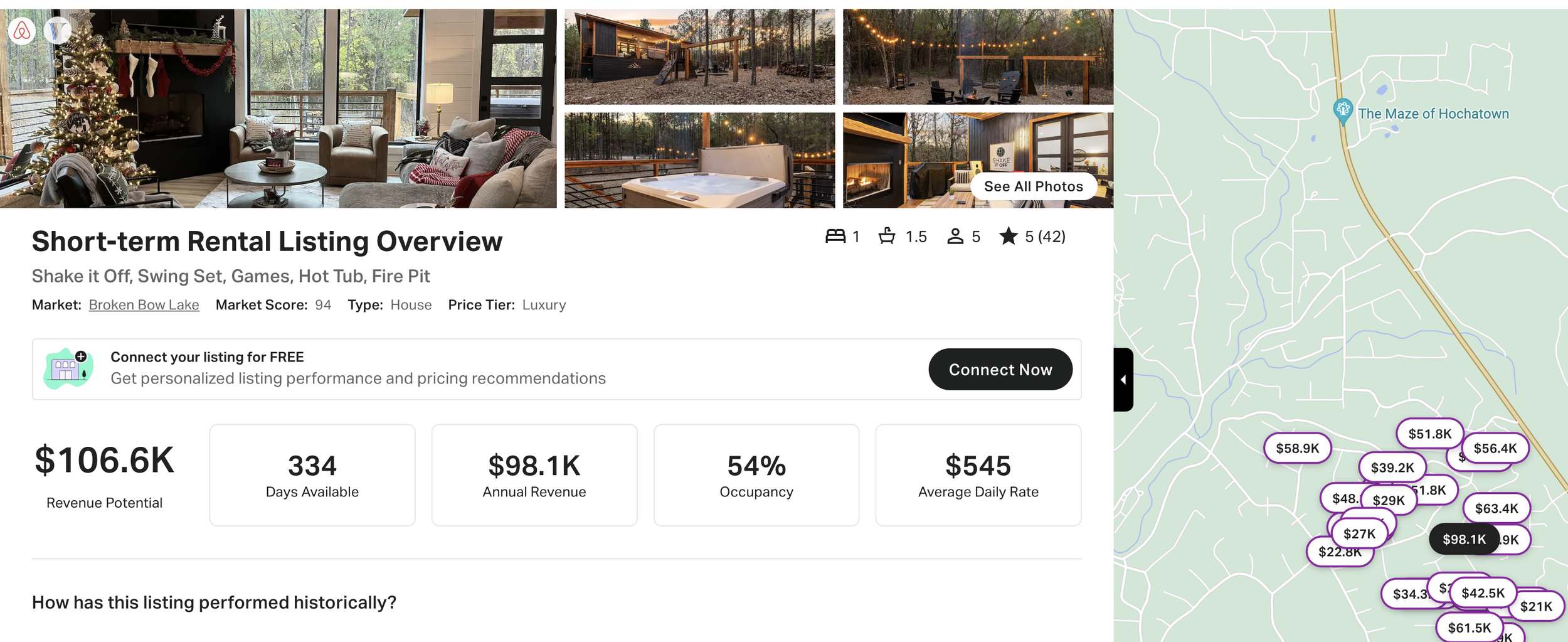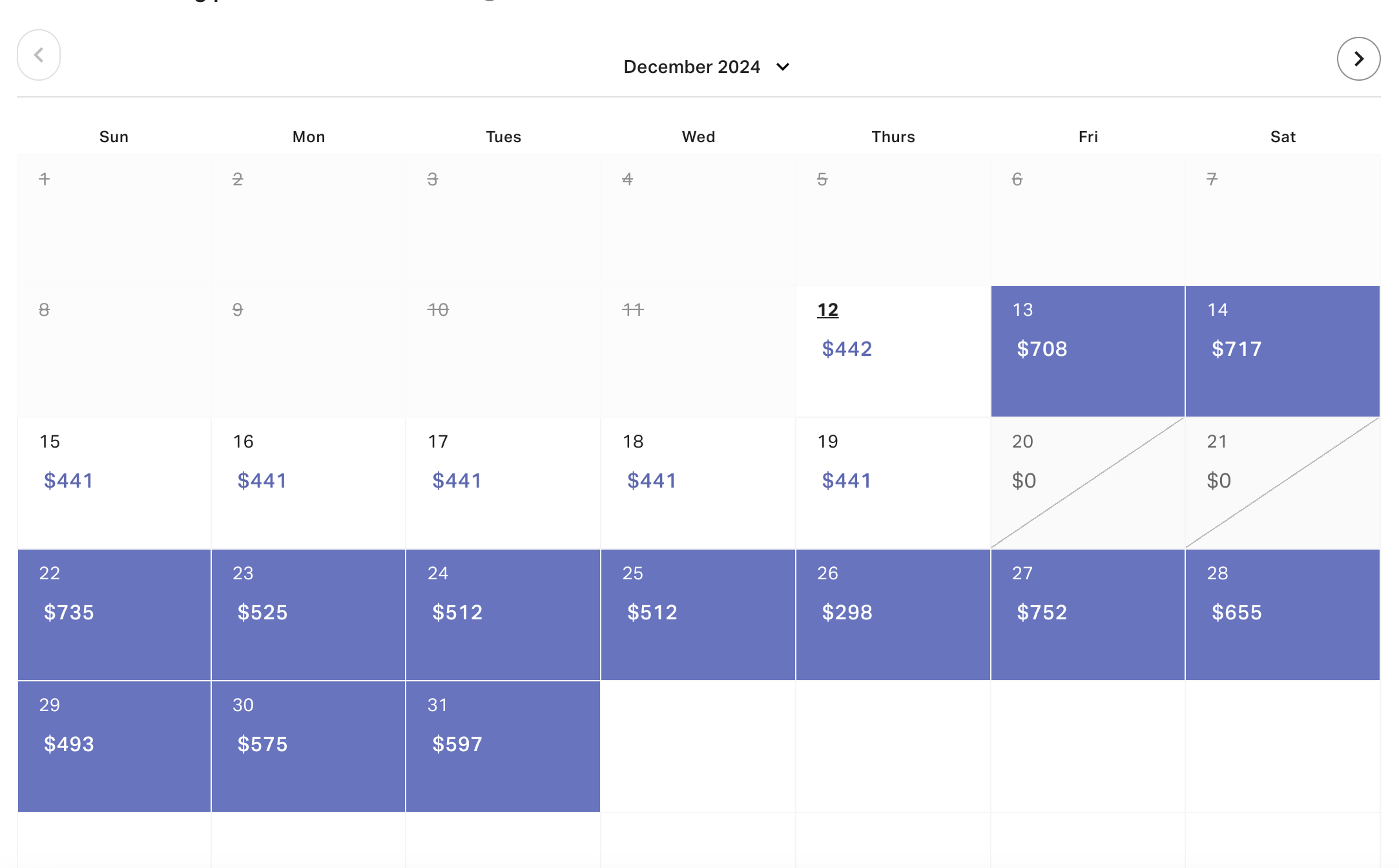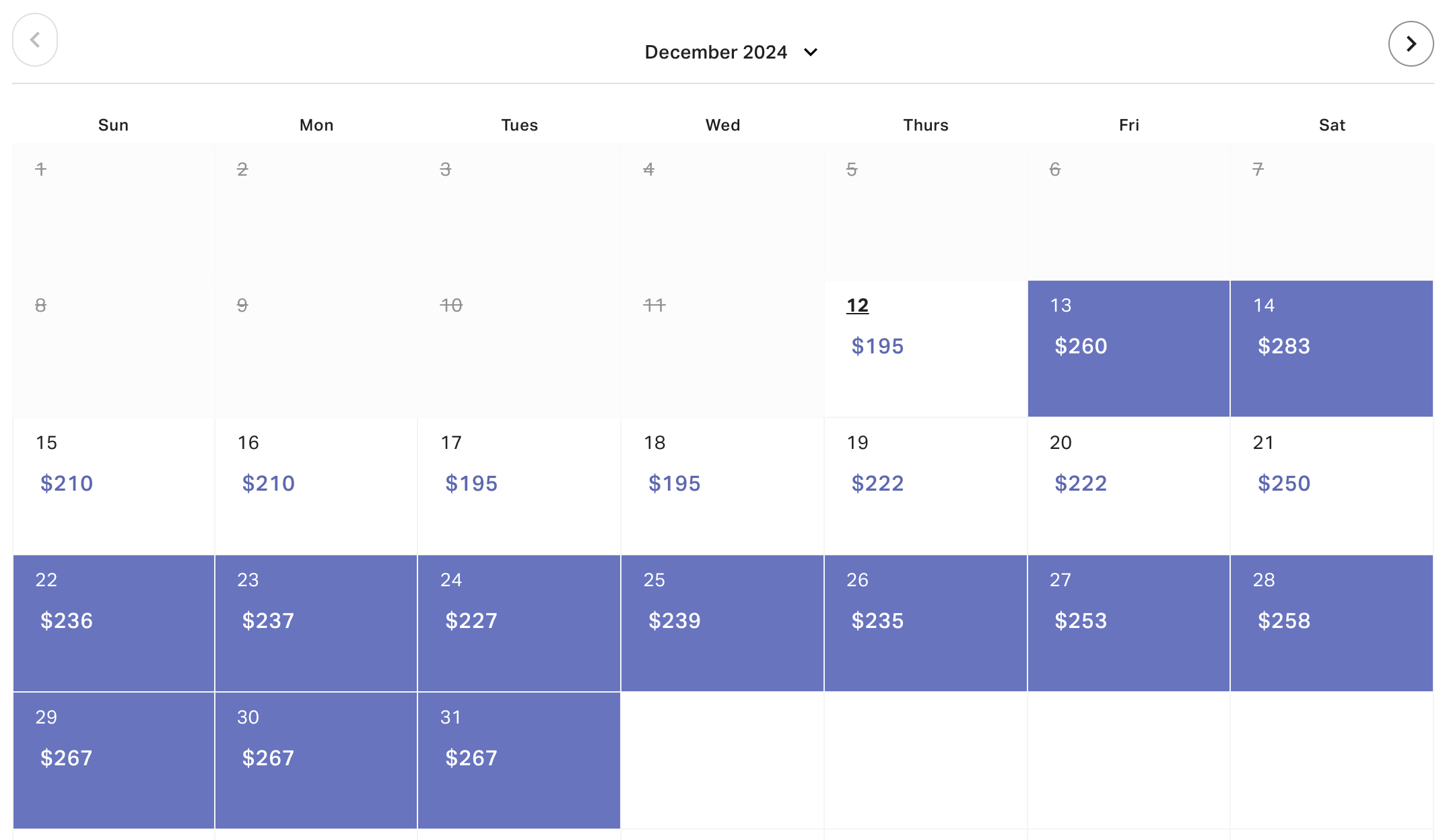The Pros and Cons of Buying a Fixer-Upper in 2025
Purchasing a fixer-upper in 2025 can be an appealing option for homebuyers and investors alike, offering opportunities for customization and potential financial gain. However, it also comes with significant challenges, such as unexpected repair costs and extensive time commitments. This article explores the pros and cons of buying a fixer-upper, helping you make an informed decision about whether this type of property is right for you.
What Is a Fixer-Upper?
A fixer-upper is a property sold at a lower price because it requires substantial repairs or renovations. These homes are often sought after by buyers looking to save on the initial purchase price or investors aiming to flip the property for profit. While they can be lived in during renovations, fixer-uppers typically demand significant time, money, and effort to bring them up to standard.
Pros of Buying a Fixer-Upper
1. Lower Purchase Price
Affordability: Fixer-uppers are generally priced below market value, making them more accessible to first-time buyers or those on tighter budgets.
Lower Down Payment: A lower purchase price often means reduced down payments and monthly mortgage payments.
Less Competition: These properties tend to attract fewer buyers, reducing the likelihood of bidding wars.
2. Customization Opportunities
Tailored Design: Buyers can renovate the property to match their personal tastes and needs, from choosing materials to redesigning layouts.
Freedom to Prioritize: You decide where to allocate your budget—whether it’s upgrading the kitchen, adding a bathroom, or improving curb appeal.
3. Potential for Equity Growth
Value Appreciation: Renovating a fixer-upper can significantly increase its market value, allowing you to build equity faster than with a move-in-ready home.
Profitable Flipping: For investors, fixing and reselling the property can yield substantial returns if done strategically.
4. Renovation Flexibility
Spread-Out Costs: Unlike move-in-ready homes, renovation expenses can often be spread out over time, easing financial strain.
Renovation Loans: Buyers may qualify for specialized loans like FHA 203(k) loans that bundle the cost of purchasing and renovating the home into one mortgage.
Cons of Buying a Fixer-Upper
1. High Renovation Costs
Expensive Repairs: Renovations often exceed initial estimates due to unforeseen issues like structural damage or outdated plumbing and electrical systems.
Budget Overruns: Experts recommend adding 10–25% to your renovation budget to account for surprises like asbestos removal or water damage.
2. Time Commitment
Lengthy Renovations: Depending on the scope of work, renovations can take months or even years to complete, delaying your ability to fully enjoy the home.
Living in a Construction Zone: If you choose to live in the home during renovations, prepare for noise, dust, and disruption.
3. Risk of Hidden Issues
Unforeseen Problems: Even with thorough inspections, older homes may have hidden issues like foundation cracks or mold that only become apparent during renovations.
Inspection Limitations: Standard home inspections may not uncover every potential problem, leaving buyers vulnerable to costly surprises later on4.
4. Stress and Complexity
Project Management: Coordinating contractors, permits, and timelines can be overwhelming for inexperienced buyers.
DIY Challenges: While doing some work yourself can save money, it also requires time, skills, and tools that not everyone possesses.
Key Considerations Before Buying a Fixer-Upper
1. Location Matters
The home's location is one factor you cannot change. Look for fixer-uppers in desirable neighborhoods with strong property values to ensure your investment pays off over time.
2. Get a Thorough Inspection
A detailed home inspection is critical for understanding the scope of repairs needed. Focus on major systems like roofing, plumbing, electrical wiring, and HVAC systems to avoid costly surprises down the road.
3. Budget Realistically
Set a realistic renovation budget that includes contingencies for unexpected costs. Determine how much work you can handle yourself versus hiring professionals.
4. Consider Financing Options
Explore renovation loans like FHA 203(k) or Fannie Mae’s HomeStyle loan that combine purchase and renovation costs into one mortgage. These loans can make financing more manageable but come with specific requirements.
Who Should Consider Buying a Fixer-Upper?
Fixer-uppers are ideal for:
Buyers with flexible budgets who can handle unexpected costs.
DIY enthusiasts with experience in home improvement projects.
Investors looking for properties with high equity growth potential.
Buyers willing to live in less-than-perfect conditions during renovations.
However, they may not be suitable for those seeking immediate move-in readiness or those with limited time and resources.
Summary
Buying a fixer-upper in 2025 offers both opportunities and challenges. The lower purchase price and customization options make these properties attractive to budget-conscious buyers and investors looking for equity growth. However, high renovation costs, hidden issues, and lengthy timelines require careful planning and realistic expectations.
By thoroughly inspecting the property, budgeting accurately, and understanding your capabilities as a renovator or project manager, you can turn a fixer-upper into your dream home—or a profitable investment.
FAQs
Q: What are the biggest risks of buying a fixer-upper?
A: The biggest risks include unexpected repair costs, hidden structural issues that inspections may not reveal, and going over budget due to unforeseen problems.
Q: How do I finance renovations on a fixer-upper?
A: Options include renovation loans like FHA 203(k) or Fannie Mae’s HomeStyle loan. These loans bundle purchase and renovation costs into one mortgage.
Q: Can buying a fixer-upper save me money?
A: While fixer-uppers have lower purchase prices upfront, renovation costs can add up quickly. Savings depend on your ability to manage costs effectively.
Q: Should I live in my fixer-upper during renovations?
A: Living in the home during renovations is possible, but may be uncomfortable due to noise and dust. It’s best suited for minor repairs rather than major overhauls.
Q: How do I choose the right fixer-upper?
A: Look for properties in desirable locations with good resale potential. Prioritize homes with solid foundations and major systems in working order to minimize costly repairs.
By weighing these pros and cons carefully—and planning thoroughly—you’ll be better equipped to decide if buying a fixer-upper aligns with your goals in 2025.






